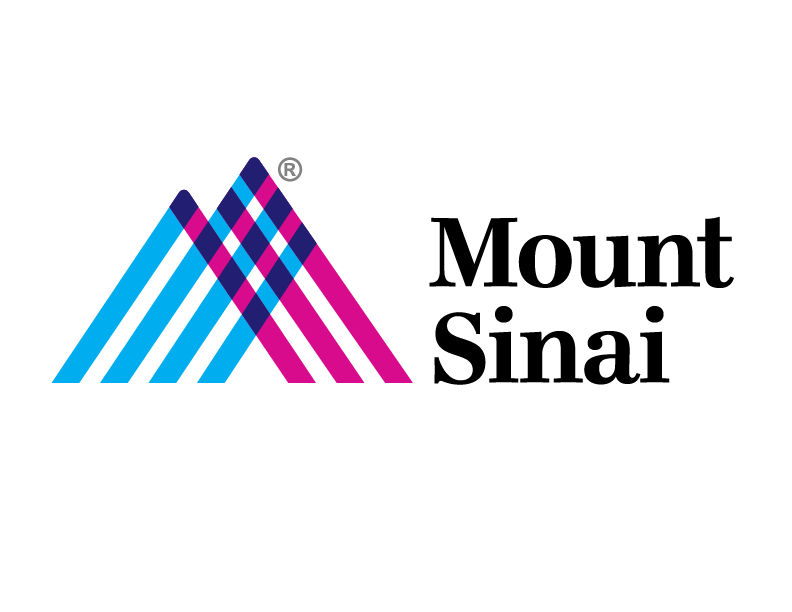Email Security Tips
Below are important email security tips to help you analyze incoming email for your own protection while at work or at home
- Was this email solicited by you?
- Does this email itself make sense?
- Look at the from field, the sender’s address, does the sender make sense?
E.G. Would a Doctor send an IT related email or would an IT related mail come from an external source outside mount sinai?
What is “an external source outside mount sinai”; any domain name that is not mountsinai.org, mssm.edu, chpnet.org, nyee.edu
- Look at the mail; grammar, spelling, is it strange, are there mistakes?
- Is the email stressing time, your account is expiring, mail box full, virus found? Or another variation.
- Do not open attachments or log into links if you do not know who they are from.
- Any email with an attachment should be suspicious and not opened unless you are expecting it,
Keep in mind if you did not solicit a mail with an attachment, you should delete it or ignore it.
- Basically, are you expecting this attachment or link?
- If not, the secure choice is to not open it and to ignore these mails or delete them, or block sender if they are repeated.*
All these points are suspicious and they should help you determine whether you should open the email or click the included link.
Going forward the secure choice is to not open it and to ignore these mails or delete them, or block sender if they are repeated.
Remember, if it looks suspicious, it most likely is and you should ignore, delete or block it.
Security Facts:
IT personnel will never ask you for your password:
It is against IT policy to ask for someone’s password, please never give it out. (Even to help someone.)
If you believed you were comprised please reset your password immediately either by calling the helpdesk (4-help) or your respective help desk, as well as Report the IT Security Incident via the helpdesk.
To Report a Malicious Email, click here for instructions.
